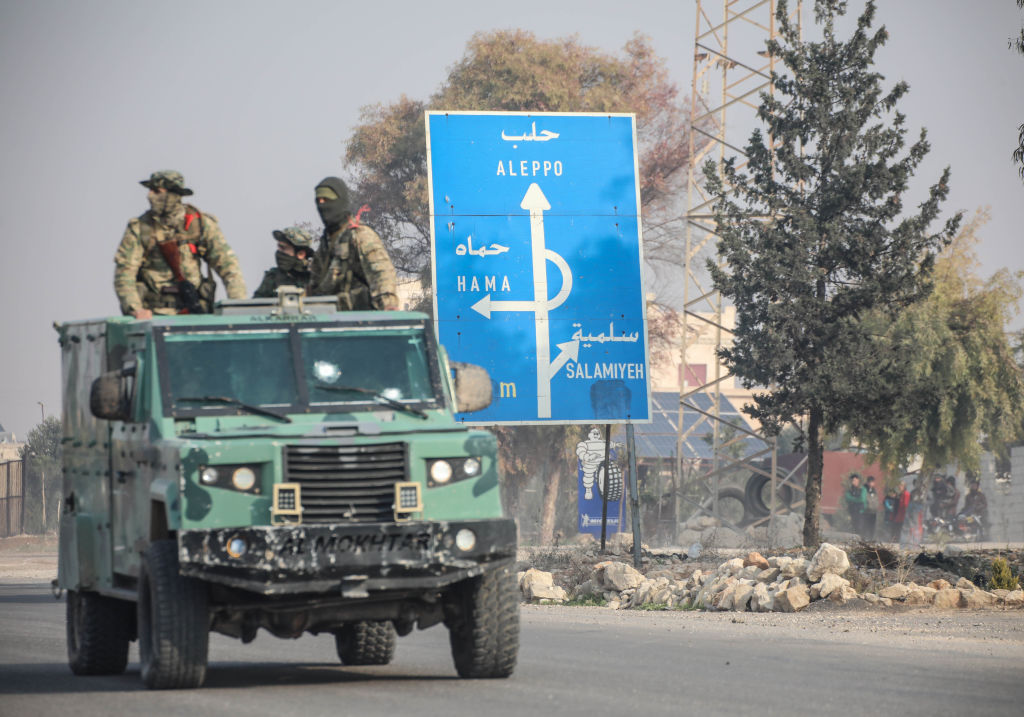An Israeli military incursion into Syria has reached about 25 km (16 miles) southwest of Damascus, Syrian security sources said on Tuesday, after Israel seized a buffer zone in southern Syria and launched air strikes on Syrian army and air bases overnight.
Israel’s military operation into Syria comes two days after the lightning overthrow of President Bashar al-Assad by a rebel alliance left Syrians, regional countries and world powers nervous about what comes next.
A Syrian security source said Israeli troops reached Qatana, which is 10 km (six miles) into Syrian territory east of a demilitarised zone separating Israeli-occupied Golan Heights from Syria.
Israel has said it will not become involved in conflict in Syria and that its seizure of the buffer zone was a defensive move.
Egypt, Qatar and Saudi Arabia have condemned the incursion. Saudi Arabia said the move would “ruin Syria’s chances of restoring security”.
Regional security sources and officers within the now fallen Syrian army said heavy Israeli airstrikes continued against military installations and airbases across Syria overnight, destroying dozens of helicopters and jets, as well as Republican Guard assets in and around Damascus.
The rough tally of 200 raids had left nothing of the Syrian army’s assets, they said.
Israel said its airstrikes would carry on for days but told the U.N. Security Council that it was not intervening in Syria’s conflict. It said it had taken “limited and temporary measures” solely to protect its security.
The United Nations Security Council met behind closed doors late on Monday, and diplomats said they were still in shock at how quickly Assad’s overthrow unfolded over 12 days, after a 13-year civil war that was locked in stalemate for years.
“Everyone was taken by surprise, everyone, including the members of the council. So we have to wait and see and watch … and evaluate how the situation will develop,” Russian U.N. Ambassador Vassily Nebenzia told reporters after the body met.
Russia played a major role in supporting Assad’s government and helping it fight the rebels. The Syrian leader fled Damascus for Moscow on Sunday, ending more than 50 years of brutal rule by his family.
With the mood in Damascus still celebratory, Assad’s prime minister, Mohammed Jalali, on Monday agreed to hand power to the rebel-led Salvation Government, an administration based in rebel-held territory in northwest Syria.
(Reuters)














